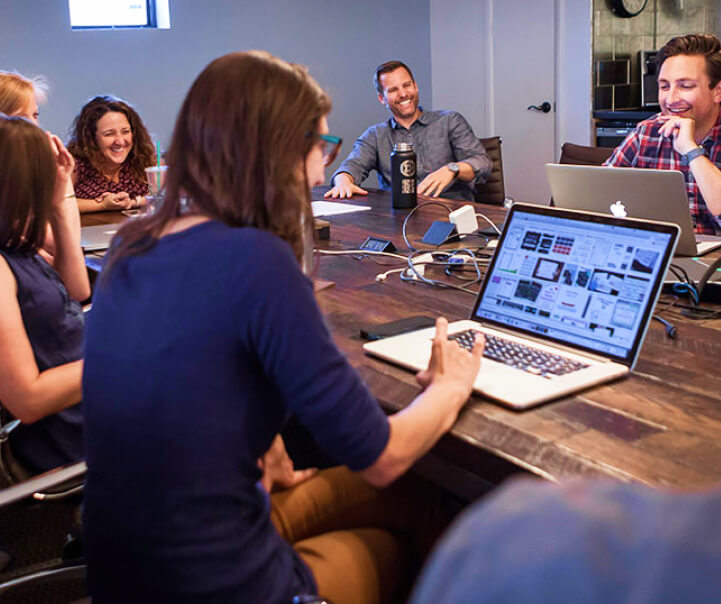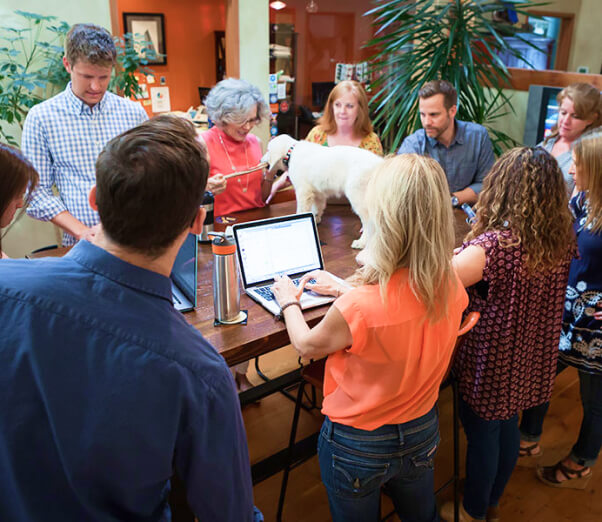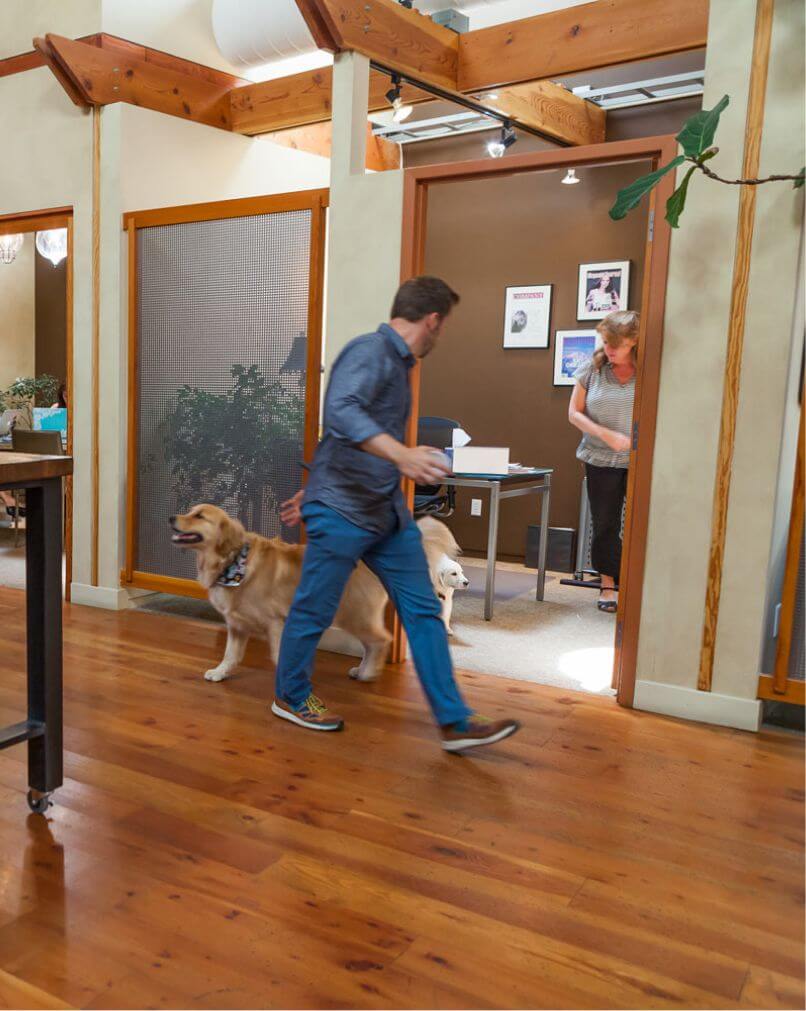Culture Matters Q&A: Eight Top Leadership Lessons from the Pandemic
“I’m certainly not the first one to say this, and I won’t be the last…trying times often give birth to unique thinking, innovation and leaps of faith.” – Ramonna Robinson, president of GFM|CenterTable.
Those who found themselves at the helm of an organization when the pandemic began more than two years ago have been challenged in ways they probably never imagined. For some, those challenges led to new approaches to leadership that have proven to be extremely valuable long-term.
We asked some of our favorite leaders to share their top takeaways from this extraordinary time. Here are eight great ideas from our own Laura Love and Ramonna Robinson, as well as Paul Dreyer, CEO – chief empowerment officer – of Avid4Adventure, a fellow nominee to Outside magazine’s Best 50 Places to Work list.
Paul shared these three tips:
1) Never waste a good crisis.
“Over the last two years, I have told our staff, and myself, often, ‘This is the best professional development that I would never wish on anyone.’ But just like any workshop or course or conference or experience, the learning and growth only happens upon reflection. So, make sure you and others on your team reflect on what specific professional learning has happened during these COVID times.”
2) Do the next right thing.
“Yes, we should still create longer term goals and visions. Yes, we need quarterly goals and tracking. And, yes, particularly during such dynamic and uncertain times, we often need to just ‘do the NEXT right thing’ and not worry too much about those larger goals that are further out from our present.”
3) Cultivate humility, empathy, and vulnerability.
“The backgrounds of our personal and professional worlds have become cluttered with various stressors and worries. With so much uncertainty showing up in each person’s life, business and community, leaders need to be able to name that and show up for that. I have found that it is imperative to show up to any work conversation with extra doses of humility, empathy and vulnerability.”
Laura Love, founder and Chief Culture Officer, GFM | CenterTable, offered this guiding light:
4) Meet employees where they are.
“With the too-many responsibilities, challenges and emotions that employees are juggling, from the personal to the professional, it’s important to enable a work-life blend that works for each person and the organization. Given what is happening and what employees are dealing with, what do they need to be able to do their jobs well? For us at GFM|CenterTable, that has taken the form of creating a safe space for people to tell the truth about what is keeping them up at night, and when they do, supporting them. For instance, we have increased the availability of flexible schedules and offered executive coaching to help people build their resiliency.”
Ramonna Robinson, president, GFM | CenterTable shared these insights:
5) Trust your gut.
“Some leaders rely on data. Others rely on their gut instinct. In my opinion, the most effective leaders use both and know when to lean into one or the other. During the pandemic, we didn’t have past experiences to rely on and the data wasn’t always available or reliable. ‘Trusting our gut’ became more important than ever and allowed us to make tough decisions – always with the well-being of our team members and unique needs of our clients in mind.”
6) Remember that innovation rises out of the most trying times.
“Time and again, we all found ways to demonstrate resilience and find ways to shine through the ever-present cloud created by the pandemic. Nonprofit organizations had to shift their fundraising models and inspire giving without in-person events, entertainers had to learn how to produce events online and engage audiences without hearing their applause, and companies had to find ways to keep their culture alive while working remotely.”
7) Be kind and give grace.
“I’m going to borrow from others on this one. I have a sweatshirt that says, “Work hard. Be kind. Pet dogs.” And I constantly remember the phrase, ‘You never know what someone else is going through. Be kind. Always.’ Those simple concepts can get us through so many trying situations. Putting yourself in someone else’s shoes – or at least recognizing that you have no idea what it’s like to be in their shoes – allows us to provide grace. And showing kindness can make all the difference in the world.”
8) Practice courageous authenticity.
“No one likes conflict – at least I can’t imagine that anyone does — and the pandemic, unfortunately, made it easier than ever to hide off-camera or not reply to an email, rather than addressing the tough conversations head on. No one benefits from that type of behavior. Providing clear, honest feedback – with kindness and compassion – benefits both the giver and receiver of that feedback. How can we expect to learn and grow if people don’t tell us when we need to do so?”
While the most difficult phases of the pandemic seem to be behind us, we continue to lead our teams and organizations through chaotic and challenging times. As we do, it’s important to take with us the lessons we have learned and continue building on them. Our individual and collective resilience depends on it.



